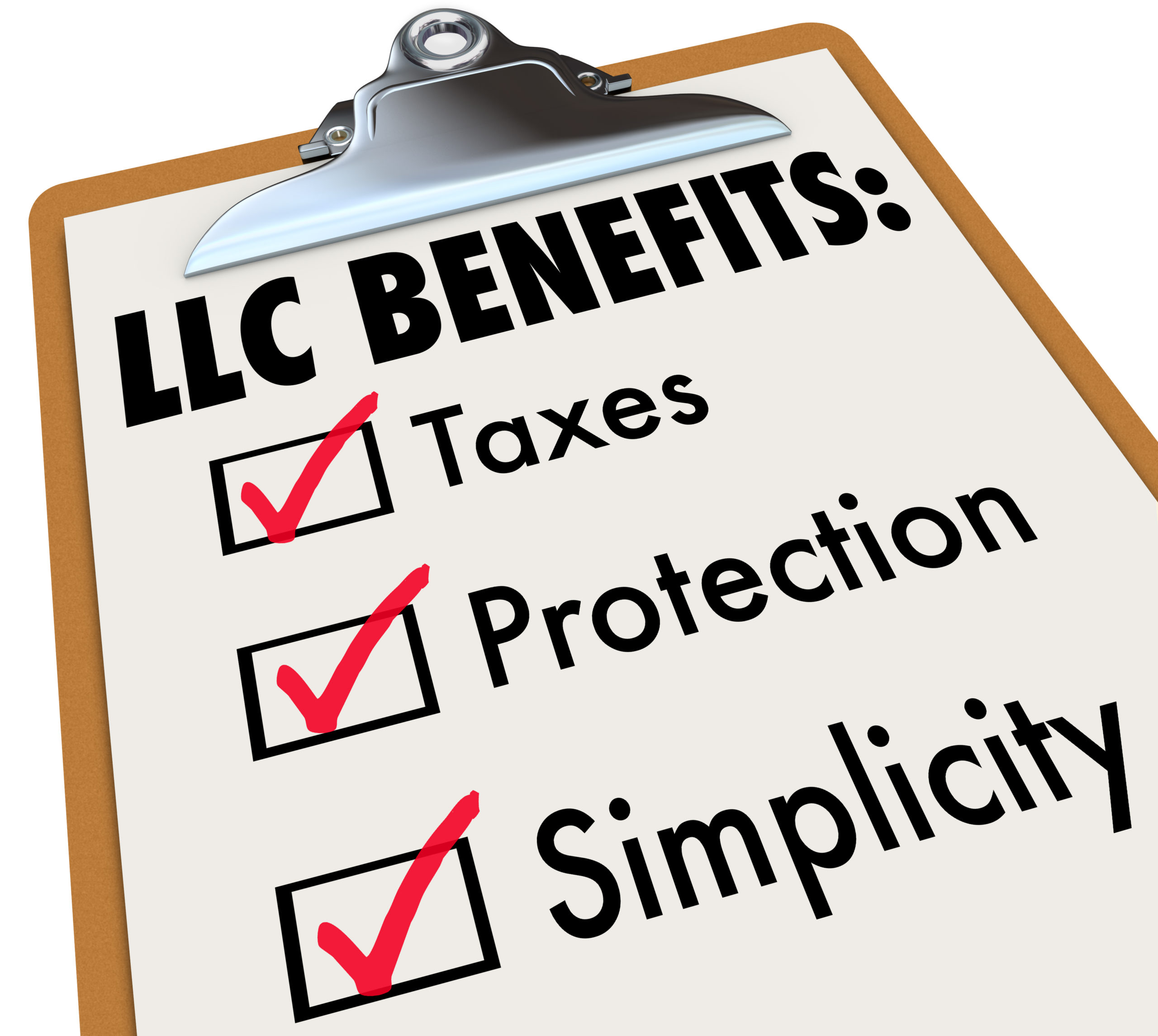You have options when it comes to starting a new business. There are many types of companies that can be formed, such as corporations and limited liability companies. However, as a more practical option, you can start a small business as a limited liability company. There are many LLC advantages and disadvantages. Below are the benefits you should consider.
1. Limited Personal Liability
If you’re a sole proprietorship or partnership, then your business debts are also part of your personal debts. If your employee or partner is accused of negligence, then your personal assets could be at risk. LLCs are legally separated from the owners of the business.
Although limited liability companies are responsible for the debts of their clients and employees, they can’t be used to collect on these debts. Also, if an employee or partner is sued for negligence, their personal assets are protected. You can use a service like LegalShield to help you with this.
2. Less Paperwork
Although limited liability companies can be beneficial, they have to follow certain requirements when it comes to running a business. For instance, they have to hold annual meetings and make reports. Also, they have to keep records of all their activities. Unlike corporations, LLCs aren’t required to keep records of all their activities. In most states, LLCs are not required to maintain these records.
3. Tax Breaks
Unlike corporations, limited liability companies don’t have to follow the same federal tax classification rules. They can still adopt the tax status of S corporations, sole proprietorships, or partnerships. The IRS automatically classifies limited liability companies as either a sole proprietorship or a partnership depending on their number of owners. This allows them to take advantage of various tax breaks. For instance, if an LLC has one owner, it can pass through its earnings and expenses to the owner’s personal tax returns.
4. Flexible Ownership
Although S corporations can enjoy pass-through taxation, they have certain restrictions that prevent them from having more than 100 shareholders. For instance, they can’t have foreign partners and can’t have shareholders who are corporations. LLCs offer pass-through taxation that has no restrictions on the type and number of owners.
5. Management Flexibility
A corporation is a structure that has a board of directors that is responsible for overseeing the day-to-day operations of the company. Its owners, who are also called shareholders, are required to meet every year to elect directors. Unlike corporations, LLCs are not required to follow this structure. They can make their own decisions regarding the company’s operations and business goals.
6. Flexible Distribution of Profits
Unlike corporations, LLCs are not required to distribute their profits according to the ownership percentages. This flexibility allows them to distribute their earnings to their various owners fairly. For instance, one of the owners may get a larger share of the company’s profits due to the contributions made by the other owner during the company’s startup phase. Unlike corporations, LLCs are not required to distribute their profits according to the number of shares they have.
The flexibility and cost-effective nature of an LLC make it ideal for small businesses. Both corporations and limited liability companies offer their personal liability, but the latter can also take advantage of various tax breaks.

